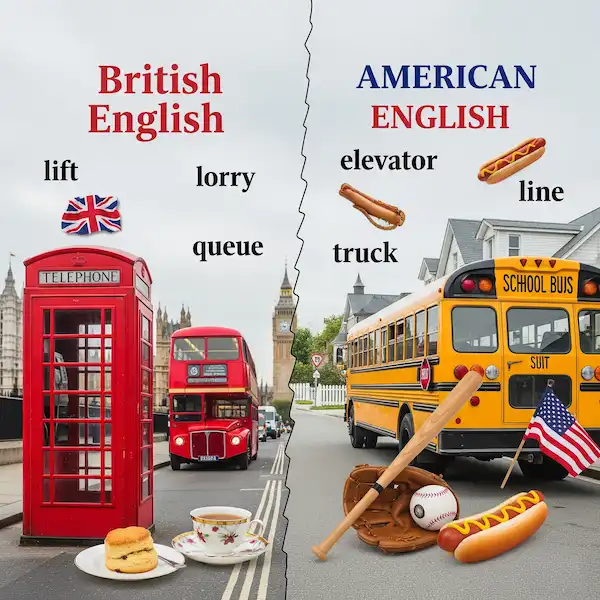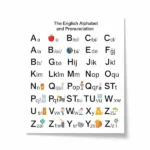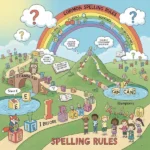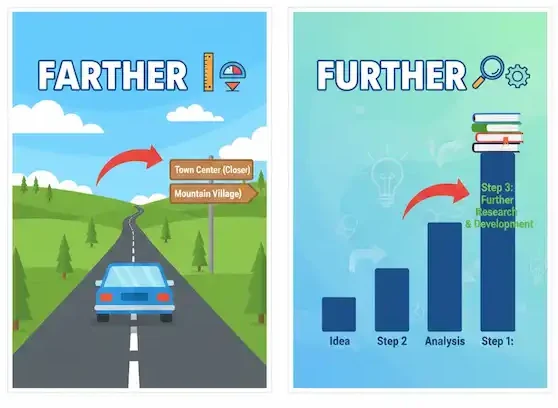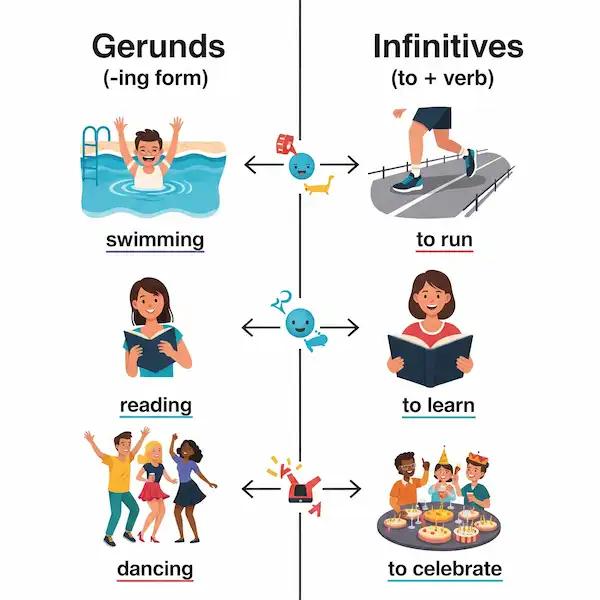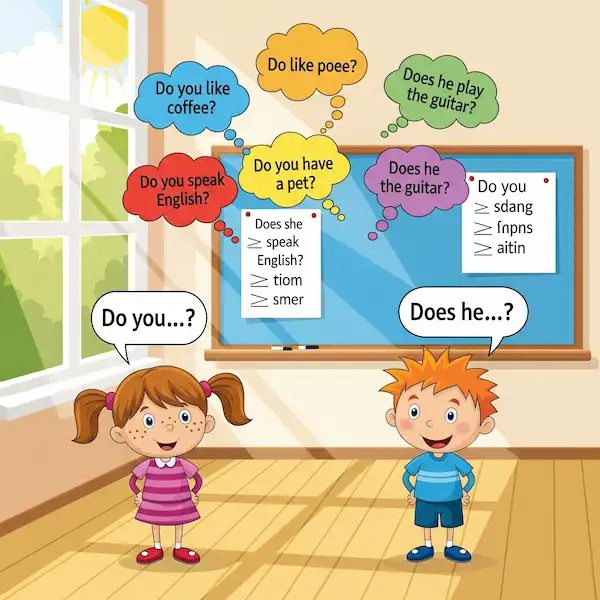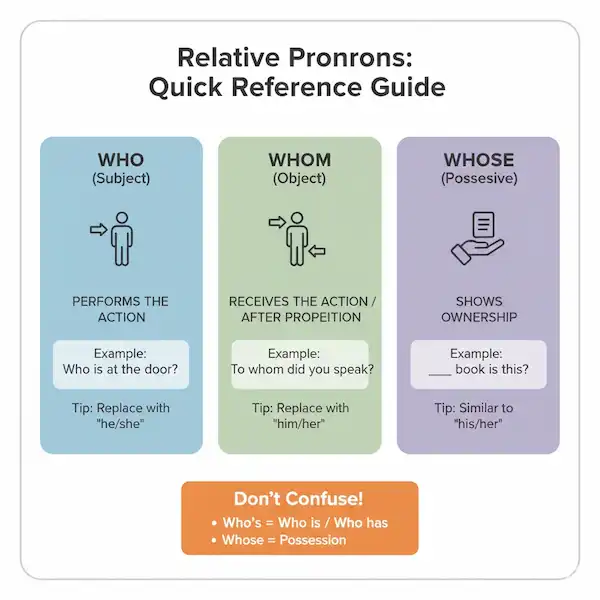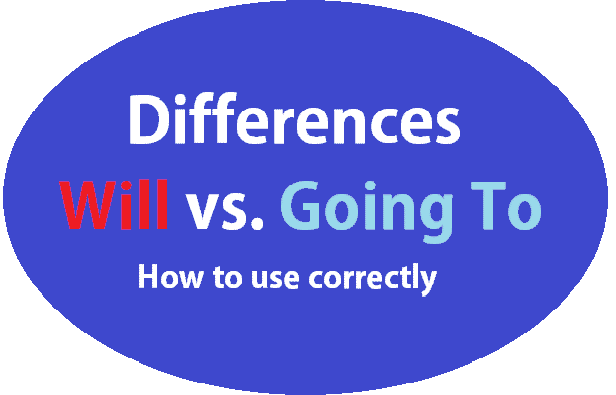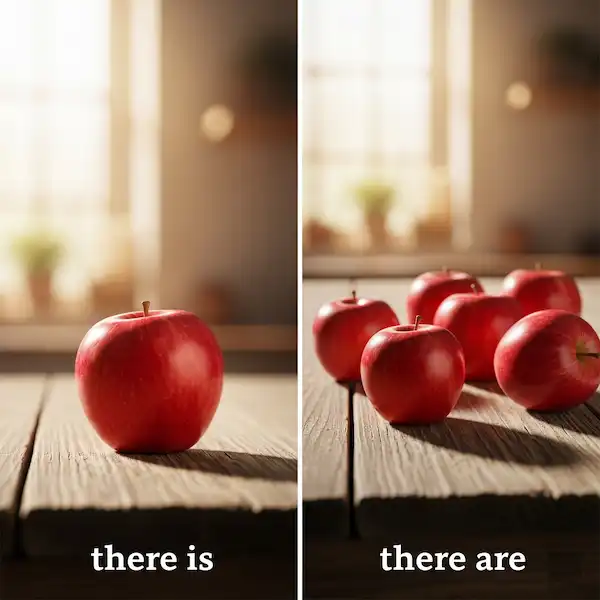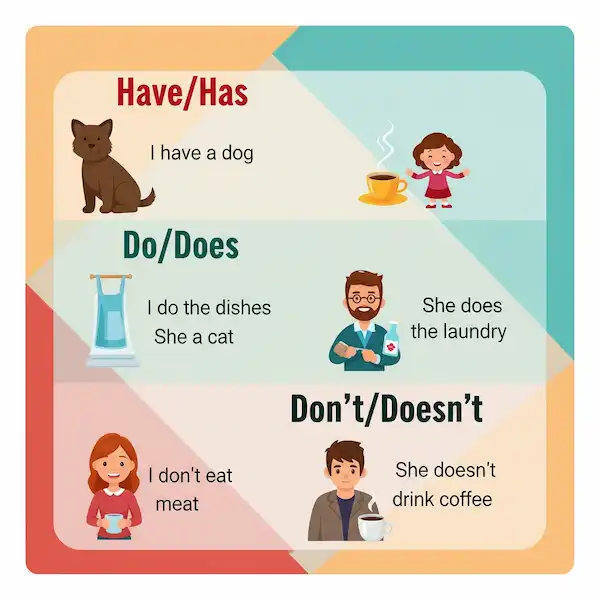British vs American English: More Than Just an Accent 🇬🇧🇺🇸
Hey there, English learners! You’ve probably noticed that English speakers don’t all sound the same. You might have heard the charming accent of someone from London or the more laid-back tones of someone from California. But the differences between British English and American English go far beyond just how people pronounce words. Learn more about British vs American English.
This article will help you, as intermediate English students, understand the key differences between these two major varieties of English. Knowing these differences will boost your comprehension skills and make you a more confident communicator. Let’s dive in!
Vocabulary Ventures: Different Words for Common Things
One of the most noticeable differences lies in the vocabulary used for everyday objects and situations. Here’s a chart with some common examples:
| British English | American English |
| Biscuit | Cookie |
| Chips | French Fries |
| Crisps | Potato Chips |
| Flat | Apartment |
| Lift | Elevator |
| Lorry | Truck |
| Mobile phone | Cell phone |
| Queue | Line |
| Rubber | Eraser |
| Sweets | Candy |
| Trousers | Pants |
| Holiday | Vacation |
Eaat Tip: Pay close attention to these vocabulary differences when you are reading or listening to English content. Don’t get confused if someone talks about going on “holiday” – they might just be British!
British vs American English – Example Sentences:
- British: “Can I have a packet of crisps and a biscuit?”
- American: “Can I have a bag of potato chips and a cookie?”
- British: “We live in a flat on the second floor, and we always take the lift.”
- American: “We live in an apartment on the second floor, and we always take the elevator.”
Using “have got” in British vs American English
In British English, the phrase “have got” is common and preferred in many cases. However, in American English the word “have” is preferred. For example:
| British English | American English |
|---|---|
| “Have you got a pen?” | “Do you have a pen?” |
| “I haven’t got a car.” | “I don’t have a car.” |
| “I’ve got a new car.” | “I have a new car.” |
| “I’ve got to finish this report.” | “I have to finish this report.” |
Spelling Surprises British vs American English: Minor but Meaningful
While the core spelling system is similar, there are some consistent spelling differences with British vs American English. Here are the main ones:
- -our vs. -or: British English often keeps the “u” in words like colour, flavour, neighbour, honour, while American English drops it: color, flavor, neighbor, honor.
- -re vs. -er: Some words end in “-re” in British English, like centre, theatre, litre, but in “-er” in American English: center, theater, liter.
- Doubling Consonants: British English sometimes doubles the final consonant in words when adding suffixes, especially if the stress is on the syllable before the suffix: travelling, cancelled. American English often uses a single consonant: traveling, canceled.
| British English | American English |
| Colour | Color |
| Flavour | Flavor |
| Centre | Center |
| Theatre | Theater |
| Travelling | Traveling |
| Cancelled | Canceled |
Eaat Tip: Don’t worry too much about these spelling variations when you are writing, as long as you are consistent within your writing. However, be aware of them when you are reading.
British vs American English – Grammar Galaxy: Subtle but Significant Shifts
Grammatical differences exist but are generally less frequent than vocabulary and spelling variations. Here are a couple of key points:
- Collective Nouns: British English often treats collective nouns (like team, government, company) as plural, while American English usually treats them as singular.
- British: “The team are playing well.”
- American: “The team is playing well.”
- Auxiliary Verbs with “Got”: British English frequently uses “have got” to express possession, while American English often uses just “have.”
- British: “I**’ve got** a new car.”
- American: “I have a new car.” (Though “I’ve got a new car” is also understood and used)
- Prepositions: There are some differences in preposition usage:
- British: “at the weekend” / “in hospital”
- American: “on the weekend” / “in the hospital”
Additional Helpful Content:
- Pronunciation Pointers: While this article focuses on vocabulary, spelling, and grammar, remember that pronunciation is also a significant difference. There are variations in vowel sounds, consonant sounds, and stress patterns. Explore online resources to hear the differences.
- Formal vs. Informal: Both British and American English have formal and informal registers. The differences we’ve discussed generally apply across these registers.
- Regional Variations: It’s important to remember that both British and American English have many regional dialects. Someone from Scotland will sound different from someone from Southern England, just as someone from New York will sound different from someone from Texas.
Additional Helpful Content
- Learn about using passive voice when speaking or writing English – Passive Voice: When & How to Use It Correctly
- Study 15 common English idioms – 15 Common English Idioms for Language Learners
- Be reporter, learn to quote someone else – Reported Speech: How to Quote Someone’s Words
- Here is a list of American English food vocabulary – Food Glorious Food: A Food Vocabulary Guide
External Links for Further Exploration:
- British Council: https://www.britishcouncil.org/
- British Library – Sounds: https://sounds.bl.uk/
- Merriam-Webster Dictionary: https://www.merriam-webster.com/
- Oxford Learner’s Dictionaries: https://www.oxfordlearnersdictionaries.com/
Conclusion:
Understanding the differences between British vs American English will enrich your learning journey and make you a more versatile English speaker. Don’t be intimidated by these variations; embrace them as fascinating aspects of the English language! Keep practicing, keep listening, and keep exploring! Happy learning! 😊
